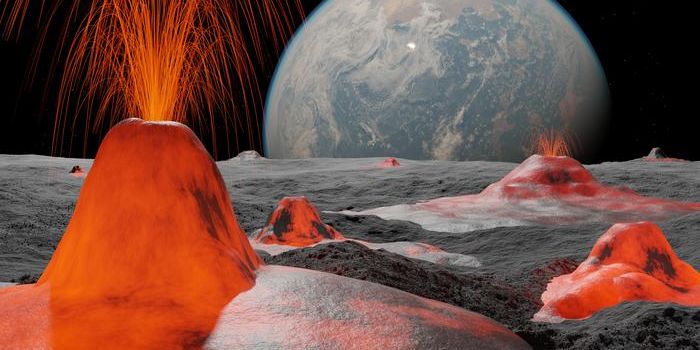An Unexpected Slowdown in Ocean Evaporation as Climate Warms
In 2023, the average surface air temperature of the planet was 1.43°C above pre-industrial levels, which exceeded expectations. In 2024, the surface air temperature is thought to have been about 1.55°C warmer, which could mean that we have already gone past the 1.5°C threshold set by the Paris agreement. Many changes will likely continue to occur, and scientists are still trying to determine what kind of effects these abnormally high temperatures will have. For example, research has recently revealed that contrary to assumptions, the evaporation of water from the world's oceans has actually declined in the past decade. The findings have been reported in Geophysical Research Letters.
The hydrologic cycle of the Earth circulates water in the land and atmosphere, in which water moves from soils and oceans to the air and back again. Events like precipitation, condensation, and evaporation are crucial to this cycle. Evaporation from the oceans is thought to contribute as much as 85 percent of the total water vapor in the atmosphere. It had been assumed that as the average surface temperature of the ocean increases, which it has been, so will evaporation. But that is not happening.
Since the early 2000s, there has been a surprising slowdown in the level of water vapor in the air.
Researchers wanted to investigate this observation. They determined that there was an increase in global ocean evaporation from 1988 to 2007, and then that trend began to reverse in the late 2000s.
"Since then, two-thirds of the world's oceans have experienced a reduction in evaporation, resulting in a slight decline in global evaporation rates between 2008 and 2017. This contradicts what we would typically expect in a warming climate," said first study author Dr. Ma Ning of the Chinese Academy of Sciences.
The scientists determined that a decrease in wind speeds, so-called wind stilling, may be the cause of this evaporative decline. Wind stilling itself may be linked to changes in circulation patterns in the atmosphere, especially in the Northern Oscillation Index.
"Changes in wind speed may be associated with decadal variations in Earth's climate system," explained Dr. Ma. "The recent decline in ocean evaporation should not necessarily be interpreted as evidence of a weakened hydrological cycle, as it may instead reflect natural climate oscillations."
This research highlighted the complexity of the climate system and the many uncertainties in climate change.
Sources: Chinese Academy of Sciences, Geophysical Research Letters









